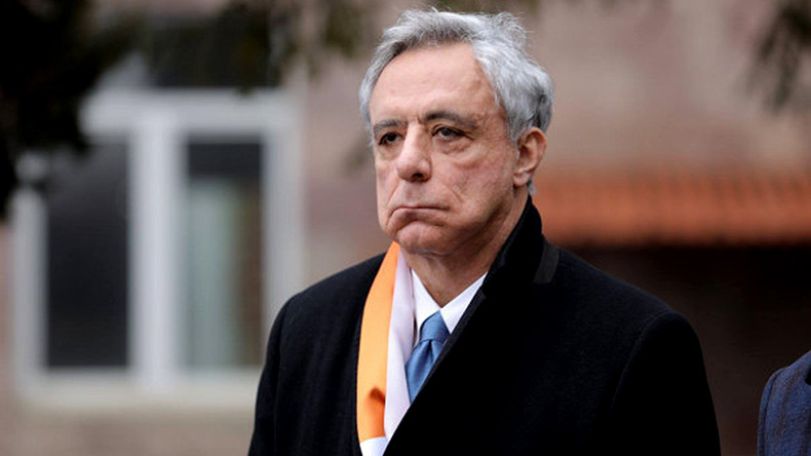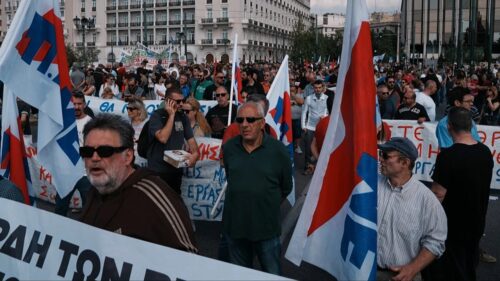
Armenia is no longer a functioning democracy, says Vartan Oskanian
By any objective measure, Armenia is no longer a functioning democracy. While the cafés of central Yerevan may still bustle with laughter and the city’s nightlife may suggest normalcy, beneath the surface lies a far grimmer reality: Armenia has crossed the line into authoritarian rule, Vartan Oskanian, Former Foreign Minister of Armenia, writes.
“Today, there are few dozen political prisoners in the country—a figure that would have been unthinkable in Armenia’s post-independence history. Among them are two archbishops of the Armenian Apostolic Church, philanthropist and businessman Samvel Karapetyan, sitting members of parliament, prominent opposition figures, and civil society activists. Their only crime: dissenting from Nikol Pashinyan’s policies.
The current wave of political repression is not incidental—it is systemic, deliberate, and growing. As Pashinyan continues its policies of concession and Armenia moves toward its next national elections, the government appears intent on silencing opposition through intimidation, pent-up charges, selective prosecution, and preventive detentions masquerading as legal process. The use of pre-trial detention as a form of punishment—not as a legitimate tool to prevent flight or obstruction of justice—is a clear violation of both Armenian and international legal norms.
This is not politics as usual. This is the slow, steady erosion of democratic institutions. Armenia’s judiciary has been hollowed out, increasingly beholden to executive influence. The press, while formally free, operates under pressure and fear, and the space for independent civil society has shrunk dramatically. The idea that Armenia remains a “beacon of democracy” in a tough neighborhood is now more mythology than fact.
I recently listened to Armen Ashotyan, a political prisoner himself, speak after yet another court hearing. His words struck a chord saying that we failed to institutionalize the defense of political prisoners and have let silence become the norm. He’s right. We have not done enough—not morally, not legally, not politically—to raise our voices in defense of those imprisoned for their beliefs.
This is the time for the formation of a committee composed of respected human rights defenders, lawyers, former diplomats, political leaders, and public intellectuals. This committee should work across borders to bring Armenia’s political repression to the attention of the world—through reports, hearings, legal action, media advocacy, and direct engagement with governments, parliaments, and international bodies. Organizations such as Amnesty International, Human Rights Watch, and relevant UN special rapporteurs must be engaged systematically, not sporadically.
This committee should become a permanent institutional voice for those who cannot speak from behind bars. It should challenge the weaponization of Armenia’s legal system, document cases of abuse, and support families of the incarcerated. It should also pressure embassies and international partners not to be lulled by the façade of democratic normalcy in downtown Yerevan, but to reckon honestly with the authoritarianism behind it.
If such a committee is formed, I will contribute whatever modest support I can—time, connections, and advocacy. Armenia’s political prisoners deserve more than statements of concern. They deserve a concerted, strategic, and loud campaign for their release,” Oskanian writes.


